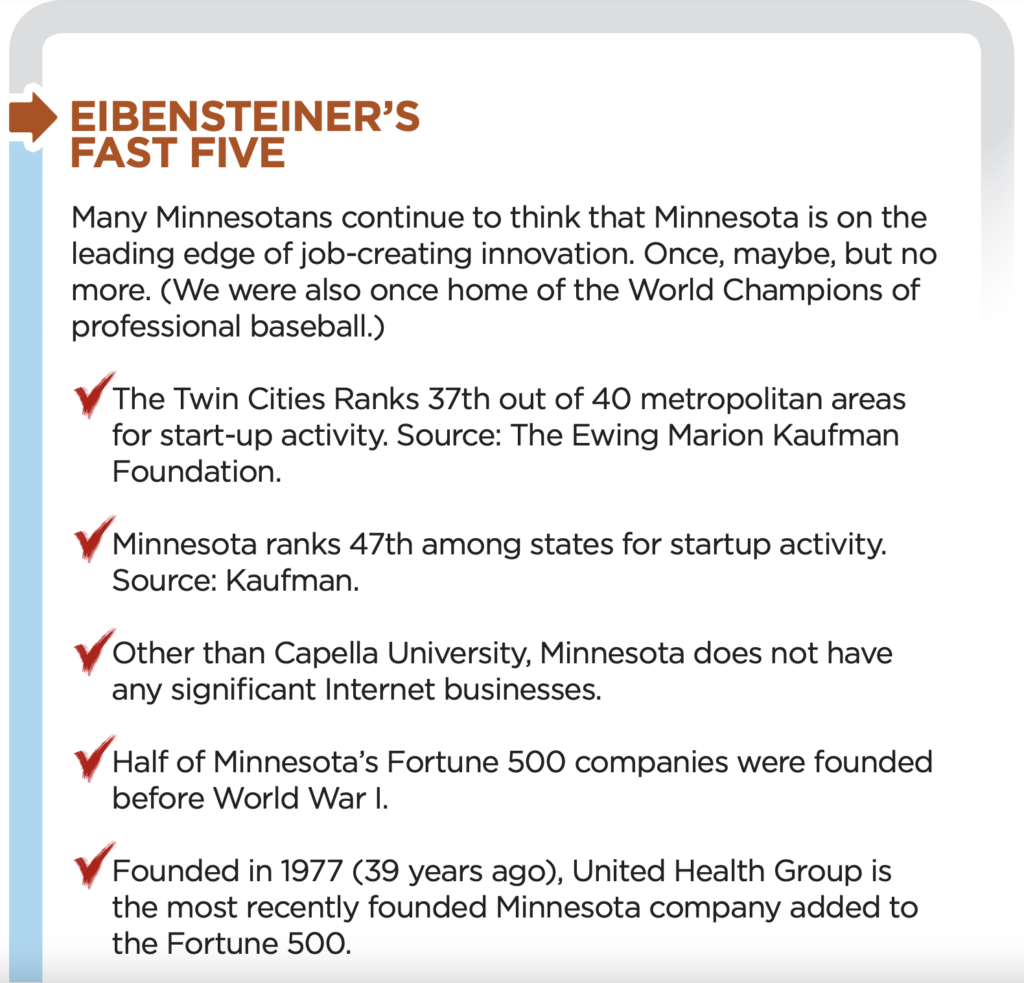Substantive, fearless… and collegial
We need to talk to each other, even if we disagree, especially if we disagree.
Among the sentences I thought I’d never write is this: Please indulge me for a moment of sincere praise and admiration for John Marty.
Marty is a 29-year member of the Minnesota Senate, an ardently unapologetic liberal partisan who this fall sat in on a panel discussion hosted by Center of the American Experiment that debated the merits of a $15 minimum wage. His two adversaries on the panel included Dan McElroy, the erudite president and CEO of Hospitality Minnesota and economist Dr. Mark Perry, a policy fellow at the American Enterprise Institute in D.C.
Besides formidable opposition, Marty knew his audience of conservatives and business owner/advocates would improbably concede that a hefty hike in the minimum wage represents nothing less than a “moral imperative.” Who am I kidding? He knew that these real-world job creators would laugh off his contention that $15 an hour wouldn’t reduce jobs, overall.
But there he was, making his argument.
As deeply as I disagree with Marty’s view on the minimum wage (and possibly everything else), I can’t help admire the self-confident resolve he took into the event. We need more policy makers who are willing to leave their comfort zones in order to have serious policy conversations and to develop across-the-aisle working relationships. Like a Seventh Day Adventist knocking on the door of a frat house, Marty knew his presentation wouldn’t unearth much common ground that day, but he appeared to value the opportunity at least to have the conversation. And we appreciated having him there.
That’s a lesson we should all learn, especially now. Policy leaders of all stripes who refuse to leave the hero-worshipping comfort of their own echo chambers only deepen the ideological schisms that divide us. The only way they can climb to the top of their political tribes in this isolation is by advocating more extreme policies and by using more strident rhetoric, which leads to greater animus all around.
Don’t misunderstand: I’m not about to pull out my ukulele and sing a few verses of Kumbaya. But I am saying we’d all do well to recall how Ronald Reagan and Speaker Tip O’Neill softened the sometimes harsh policy disputes between them by sitting down to an occasional glass of beer. Because we disagree with our policy adversaries doesn’t mean that we have to hate them. Except possibly Harry Reid. (J)
I know that President John Hinderaker and the members of his policy team at Center of the American Experiment are always eager to swim into adversarial waters. They enjoy a hearty debate (and a cold beer). All you have to do is invite them.
In fact, as I look back on John’s first year as president, I would describe the themes have been to be substantive, fearless, and collegial.
You’ll see it as the pages of this magazine reflect what they’re up to. Let me show you what I mean.
John uses an entertaining interview with Jonah Goldberg (p. 26) to illustrate how the National Review columnist utilizes humor to humanize conservative causes, especially in the face of combative audiences.
Senior Policy Fellow Kathy Kersten confronts the significant issue of race and crime with an interview with Heather Mac Donald (p. 38), a fellow at the Manhattan Institute. Mac Donald, the widely published policy analyst and author of the book The War on Cops.
Senior Policy Fellow Kim Crockett has devoted much of the past six months to help Minnesota’s personal care assistants decertify their relationship with the Service Employees International Union (SEIU).
The ubiquitous Senior Policy Fellow Peter Nelson also receives some well-deserved attention in this magazine for helping a local Baptist Church secure a victory in Minnesota’s Supreme Court that overturned an onerous Right of Way assessment by the City of Saint Paul (p. 30). This is a much bigger story than it at first appears. The victory appears to shut down a loophole through which municipalities have been quietly raising revenue without having to raise taxes officially.
And finally, we announce a new project directed by CAE Founder Mitch Pearlstein that will draw attention to the fact that four-year degrees are not the only routes to good jobs and solid middle-class careers, as there are vital educational alternatives (p. 13).
There’s a lot of energy and vital policy work going on at Center of the American Experiment. We hope you can feel the momentum.
